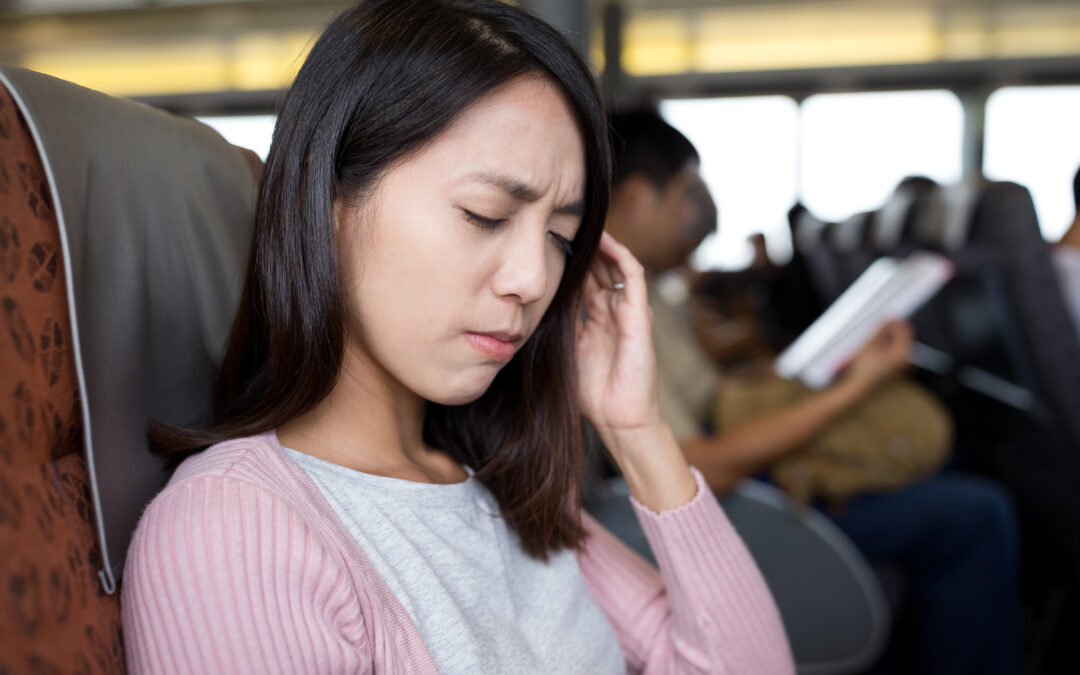
Switching time zones with babies and toddlers is intimidating. During daylight savings, a simple hour adjustment can wreak havoc for weeks. So what can you expect when that time difference becomes three, six or even 12 hours? As a travel journalist and a first-time mom to an 18-month-old, my little guy has already been all around the globe. And every trip, both long and short, has been a worthwhile experience for everyone, despite some sleepless nights. There are, however, some things I’ve learned to do to make it easier.
Here are some of the best tips I’ve gathered to help both you and your little(s) adjust to different time zones and cope with jetlag.
Slow it down
Have you ever tried to get out the door with a 2-year-old? Life with babies and toddlers is simply slower, and while frustrating on occasion, this slow pace can be especially beautiful when it comes to traveling with them. It’s essential to embrace these slower trips and not try to travel the same way you did pre-kids.
It all starts with planning. If you can afford to, consider significantly extending the duration of your trip. One month in the same place won’t seem nearly as long with little ones. In fact, it can create a deeper, more meaningful travel experience. But it also gives you the grace to spend the first sleepy week ordering takeout and taking it easy while you adjust to the new timezone.
Get outside in the sun
Time changes are disorienting for our bodies, but it ultimately comes down to the need to reset our circadian rhythm. So what is the best thing you can do to help babies and toddlers adjust to a time change? Get outside during daytime hours. Get your little ones outside, especially first thing in the morning. This helps their body adjust to the new time on a biological level. Morning sun exposure, in particular, is the kickstarter to your body’s 24-hour sleep-wake cycle. From there, as much time as you can spend outdoors during daylight hours will only help even more.
Talk about day and night
Babies and toddlers often understand way more than we give them credit for. Arduous travel days and a big time change will be confusing for them, so make sure you keep them in the loop. Assure them that it’s normal that they’re feeling tired or cranky. Watch the sunrise and the sunset and discuss the sun waking up in the morning and going to bed at night. Talk about how nighttime is for sleeping and daytime is for playing.
Tummies take time
Babies and toddlers will surprise you with their ability to adjust to the day/night difference, frequently having an easier time than we do as adults. I learned quickly with my son that the most challenging part of a time change is adjusting his tummy to the new schedule. After recently flip-flopping his day and night on a 12-hour time difference in Thailand, he was waking up asking for food multiple times per night. Here are the things that helped the most:
- Don’t stress about what they eat during the day; just make sure they’re eating. Focus on having their favorite foods on hand to help fill their belly as much as possible during the day.
- Sometimes lots and lots of snacking during the day makes getting food in their bellies easier than sitting down for meals.
- Feed a protein and carbohydrate-heavy dinner at least an hour before you put them down for the night.
Is it worth it?
When planning trips to far-away time zones, consider the worst-case scenario and ask, “Would this ruin our trip?”. If you’re planning a 7-day trip from New York to Thailand – a 12-hour time difference – you should assume little ones will have difficulty adjusting. If you’re spending hours awake with them in the middle of the night on every night of your vacation, will it still be worth it? And don’t forget that you’ll do the same thing after returning home. We recently spent two months between Thailand and Malaysia, and – while the jetlag was rough for the first week there and after returning home – being able to spend seven weeks in between made it completely worth the tough adjustment periods.

